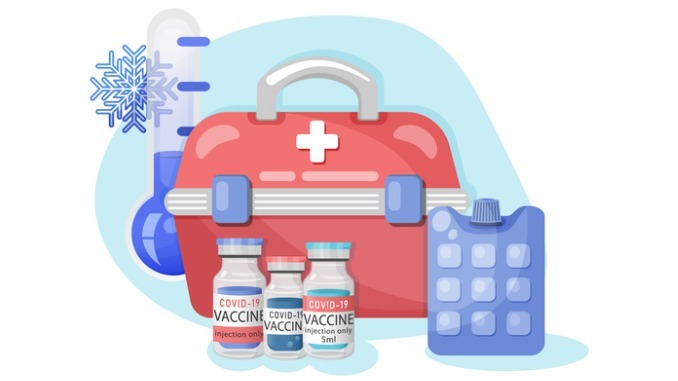
Don’t let cold chain mishaps put patient safety at risk – effective vaccine storage and regular audits are key to ensuring every dose delivers the protection it promises
CREDIT: This is an edited version of an article that originally appeared on Enhanced Primary Care
Vaccines are one of the most effective tools for protecting public health, but their success depends on strict temperature control and proper storage. In primary care settings, cold chain management is essential to ensure vaccines remain safe and effective for patients. Without clear procedures and regular audits, improper storage can lead to wasted stock, patient safety risks and regulatory breaches. Given the high cost of vaccines and their critical role in disease prevention, maintaining a robust cold chain is a top priority for practice managers.
The Risks of Poor Storage
When vaccines are exposed to temperatures outside the recommended range, their potency may be compromised, leaving patients unprotected. A single instance of incorrect storage could mean that doses must be discarded, resulting in unnecessary expense for the practice. Additionally, failure to follow proper vaccine storage and handling procedures can lead to non-compliance with Care Quality Commission (CQC) regulations, putting the practice at risk of inspection failures and reputational damage.
Conducting Your Audit
Conducting cold chain management audits allows practice managers to identify and resolve potential risks before they escalate into serious compliance failures. Regular audits ensure that emergency procedures are in place, with staff trained on how to respond to temperature breaches. Vaccine storage conditions must be closely monitored to confirm that fridge temperatures remain stable and that accurate logs are maintained. Staff training should also be reviewed to ensure that everyone involved in vaccine handling understands the importance of correct storage. Additionally, fridges should undergo regular maintenance checks to verify that alarms and temperature controls are functioning correctly.
By proactively managing the cold chain process, practice managers can safeguard patient safety, maintain compliance and prevent costly vaccine wastage. A well-maintained system not only ensures that vaccines are effective but also reassures regulators that the practice meets the highest standards of care. Taking the time to implement regular audits and staff training ultimately strengthens the practice’s ability to provide reliable immunisation services, giving both patients and healthcare teams peace of mind.


Be the first to comment